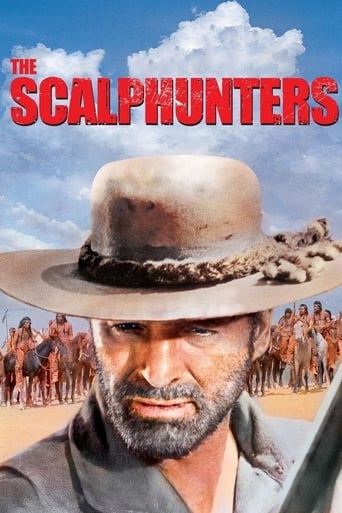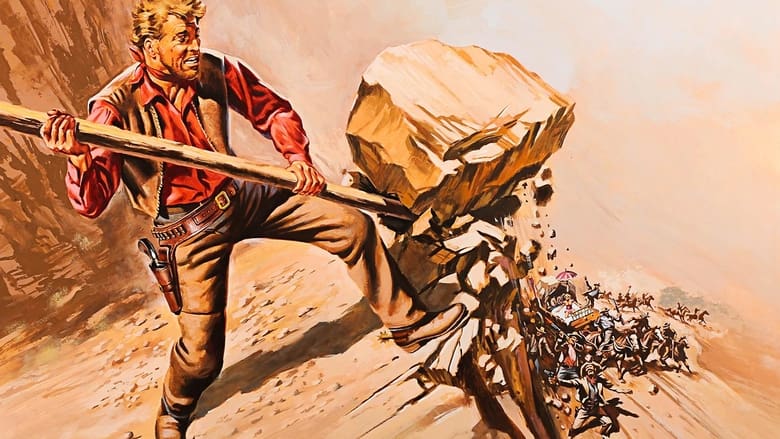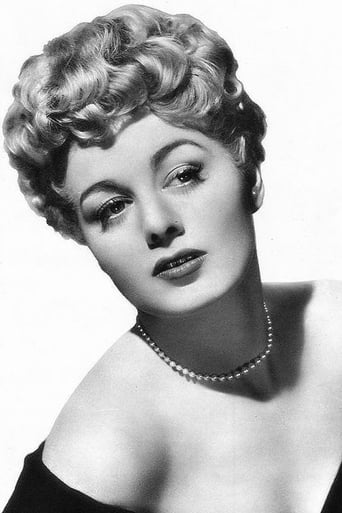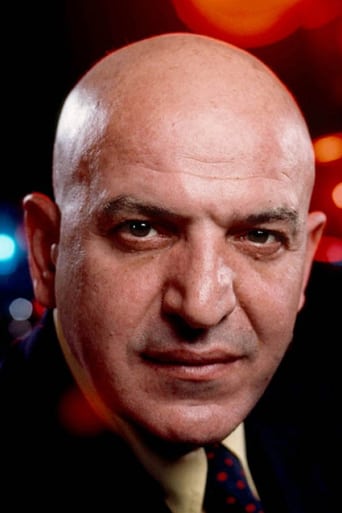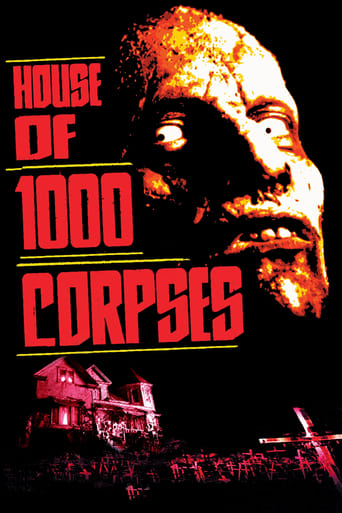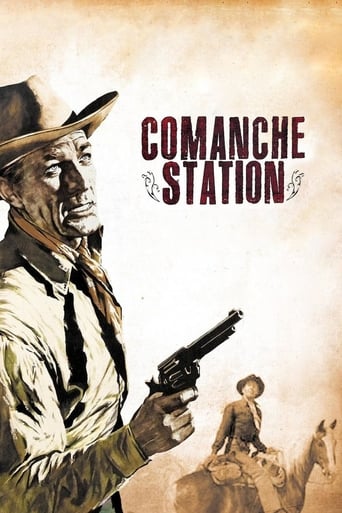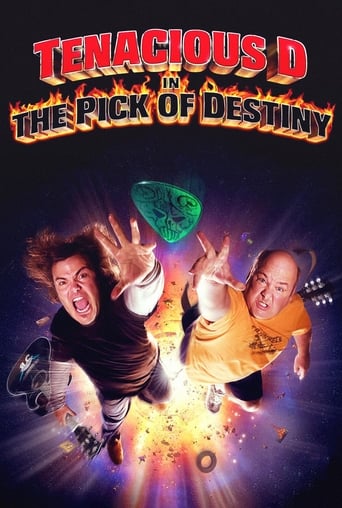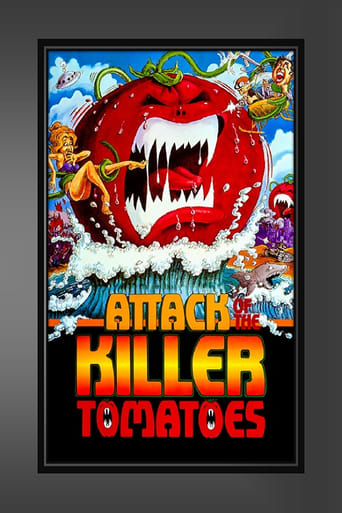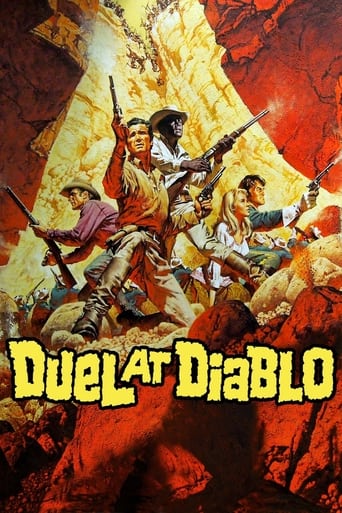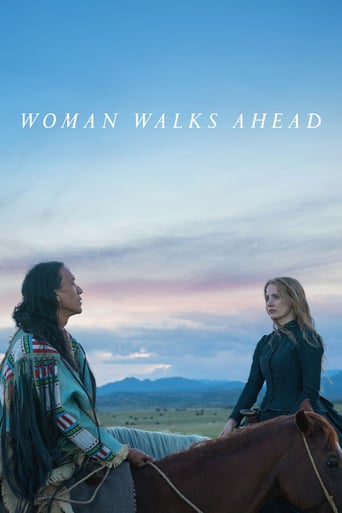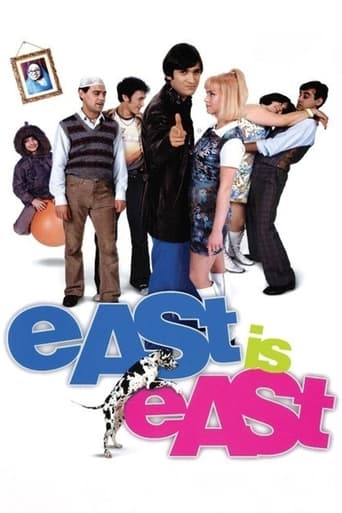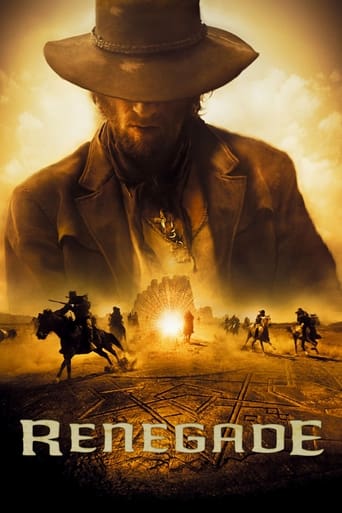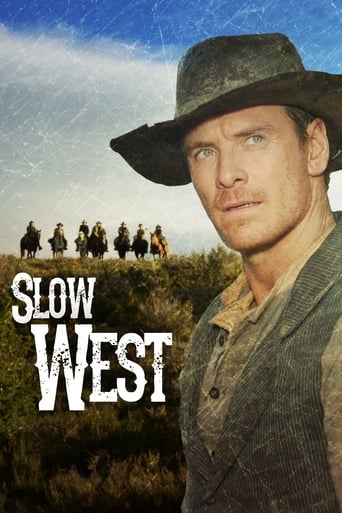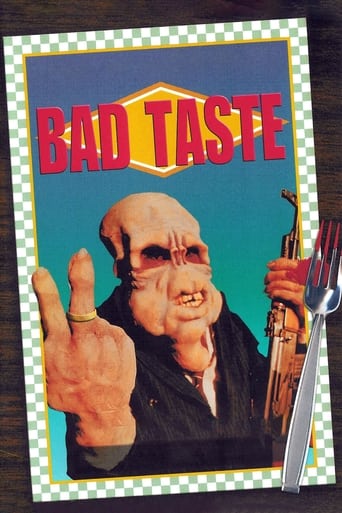The Scalphunters (1968)
Forced to trade his valuable furs for a well-educated escaped slave, a rugged trapper vows to recover the pelts from the Indians and later the renegades that killed them.
Watch Trailer
Cast


Similar titles
Reviews
"Joe Bass" (Burt Lancaster) is a trapper who has just finished his winter occupation and is heading back east to trade in his furs. Unfortunately, he encounters some semi-friendly Kiowa and they demand his furs in exchange for a black slave named "Joseph Lee" (Ossie Davis). Although Joe Bass doesn't want or need a slave, he has no choice but to allow the trade to transpire since the Kiowa outnumber him 12 to 1. But as they ride off he is determined to get his furs back one way or the other. Meanwhile, the Kiowa fall prey to a band of savage scalphunters who end up taking the furs after killing the Kiowa. So Joe Bass now has a different adversary to retrieve his furs from. Anyway, filmed in 1968 this movie has a not-too-subtle "message" about racism the director (Sydney Pollack) felt compelled to impart. No doubt that decision probably delighted the politically-correct critics during this time. However, regardless of how well-intentioned the motives may have been it was a bit too blatant in my opinion and detracted from the entertainment value this movie may have had. Along with that, the humor just wasn't that funny. Additionally, I thought Shelley Winters (as "Kate") was miscast for her part and neither Burt Lancaster nor Telly Savalas (as "Jim Howie") seemed to fulfill their potential. That said, for all of these reasons the movie seemed rather flat and lackluster to me. In short, it could have been better.
"The Scalphunters," made in 1968, is director Sydney Pollack's meditation on property, black power, and the amorality of whiskey and sex, and a kind of buddy picture or screwball comedy, told through the guise of a traditional western. Set in 1860 somewhere outside the territory of the United States, it might have been called "How the Runaway Slave Joseph Lee Got His Fists Back" or "The Furry Treasure of Sierra Madre." It's a Pollack picture, so it's genial, good-natured, entertaining, and only a little improbable, and the good guys endure to fight another day. Burt Lancaster grabs the viewer's attention as always, even though the role of a trapper intent on keeping his furs doesn't offer him much breadth here. Telly Savalis, Shelly Winters, and Ossie Davis are all enjoyable, if a bit campy, as a Kansas bank robber, a star-gazing strumpet, and a Latin-quoting runaway respectively. There are Indian attacks, showdowns, and shootouts enough for a John Ford western. The film has aged well.
This is a film I really wanted to like. After all, some of the actors were very skilled and the characters they played had some wonderful qualities. Additionally, this movie would have been a great comedy or drama--too bad the writers and director had no sense about which they were going to make! I think the recent success of comedy-Westerns such as CAT BALLOU and THE HALLELUJAH TRAIL impacted this film--but these other films were consistent in their style, while THE SCALPHUNTERS sure wasn't.Burt Lancaster plays one of the less sympathetic roles of his career. Early on, his huge load of furs is stolen, of sorts, by a group of Indians. What actually occurred is that they took the furs and gave him an escaped Black slave--which Burt did NOT want nor need. He treated Davis mostly like a piece of property, not a man. Ossie Davis was fun to watch as this well educated Black man, though this was certainly an anachronism--as in most of the South, a Black slave who could read and write would have been hung, as it was against the law to educate a Black person (lest they learn about the real world or the inequity of slavery). To make this situation less believable, Davis knew quite a bit of Latin and about the world--making him smarter than at least 95% of White Americans at this same time in history.Speaking of time in history, it's very hard to figure out when this film was to have occurred. You know it MUST be pre-Civil War since there is slavery and yet the guns are all repeating rifles and pistols--something you would have had a hard time finding even by the end of the Civil War. Some early cartridge guns had been developed by about 1860, but they were very rare and unreliable and would have almost never been seen in the West. Despite this, you don't see any single-shot guns--only repeating rifles and pistols using cartridges that are circa 1870 and later. Plus, none of these repeaters seem to need reloading! Despite all these logical errors and anachronisms, there is a lot to like in the film--and lots of wonderful scenes. Davis' anachronistic character is very likable and he has many great lines. Lancaster, while a thoughtless jerk is also a pretty exciting action hero at times in the film. The relationship between these two is interesting and complex. Plus I liked seeing the relationship between Telly Savalas and Shelley Winters--their dialog was pretty funny at times and how Winters ended the film was rather satisfying.Unfortunately, all the scenes, when placed together, are a mess and just don't fit together well. Much of this is because the movie moves uncomfortably from action film to comedy--and it's hard to laugh at a comedy about slavery or the massacre of Indians! The best example of this is the ending of the film. After suffering through tons of abuse and ambivalence by Lancaster, Davis has a wonderful scene where he is about to leave Lancaster in the desert and ride off to Mexico for a happy ending--a well-deserved and very rewarding ending I might add. However, oddly, the film did NOT end here but when one for about another ten minutes--and then tried to give a comedic style ending that just didn't fit the film at all. Ending it with Lancaster tied up and Davis wandering off would have been perfect--dragging it on and having a macho mud fight for a laugh was just awful and totally destroyed the impact of the film as social commentary.
"The Scalphunters" opens with an illiterate frontier fur trapper named Joe Bass (Burt Lancaster) refusing to trade his furs, with the Kiowa Indians, for a runaway field slave But at the end, he is forced at gunpoint to do that and Bass finds himself, in one moment, the owner of Joseph Lee (Ossie Davis), an escapee from Louisiana, formerly of the Comanche tribe, until stolen by the Kiowas Lee, an Africanslave by employment, black by colorresults one of the highest educated families in Louisiana, who can read and write Lee's intention was to circle south, as far as Mexico, because the Mexicans have a law against the slavery trade Bass' immediate plan was to catch up with the Kiowas and get back his pack horse and furs But his plan soon failed when a band of scalphunters led by a dangerous double-crosser, Jim Howie (Telly Savalas) attack the poor Indians killing almost all of them and taking, by the way, Bass' property Bass a man who moves mountains to get what he wants stampedes their wagons and makes the scalphunters' horses dangerous to ride The sweetest, and in some ways the funniest moments come out when Bass talks to his horse In one scene, he gets so excited, and turns back to his stallion saying: "By god, you have got an idea!" Telly Savalas makes Kojak a charmer, but in Pollack's film he is a psychopathic bounty hunter who slaughters a dozen Indians Kate (Shelley Winters)a cigar-puffing doxy qualified to do things to any manis sick about her lover's wagon She complains that she lives like a squaw Kate's dream was to live like a lady in a fancy house with servants Winters delivers the best line of the whole movie when she exclaimed at the end of the film: "What the hell? They're all men."Ossie Davis comes out with a real sense of humor In one scene he explains to Kate the benefits of the common cactus, known to the Comanches as Maguey He makes her believe that this plant was used in the ancient times by the Queen of Sheba to restore the natural oils to her beautiful blond hair It was nice to see Nick Cravat in a modest role as one of Savalas' men As you remember, Cravat was ideally cast as Lancaster's sidekick, Piccolo, in the flamboyant "The Flame and the Arrow" in 1950, a spoof of the Robin Hood genre, set against the castle battlements and banquets halls of medieval Lombardy

